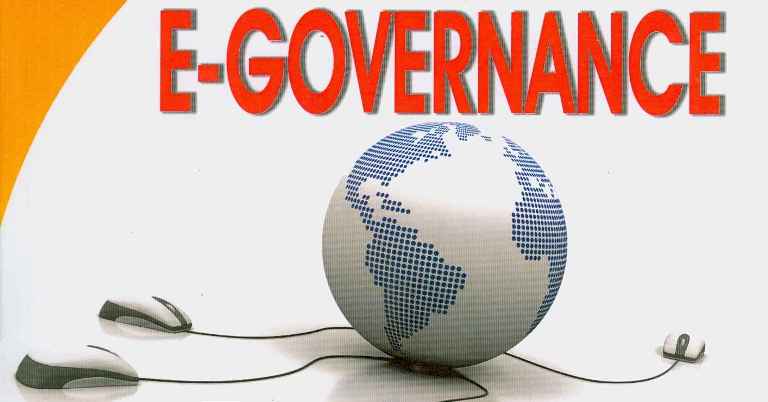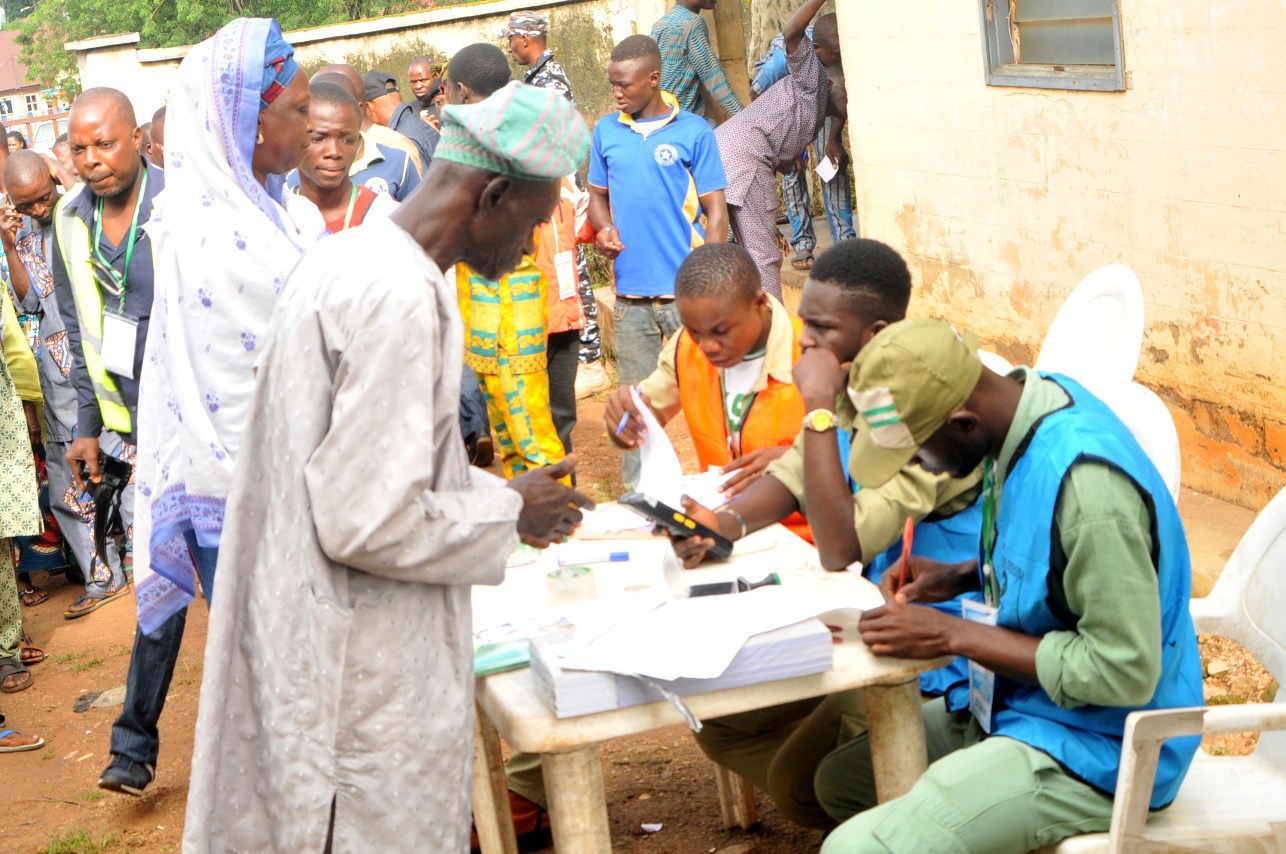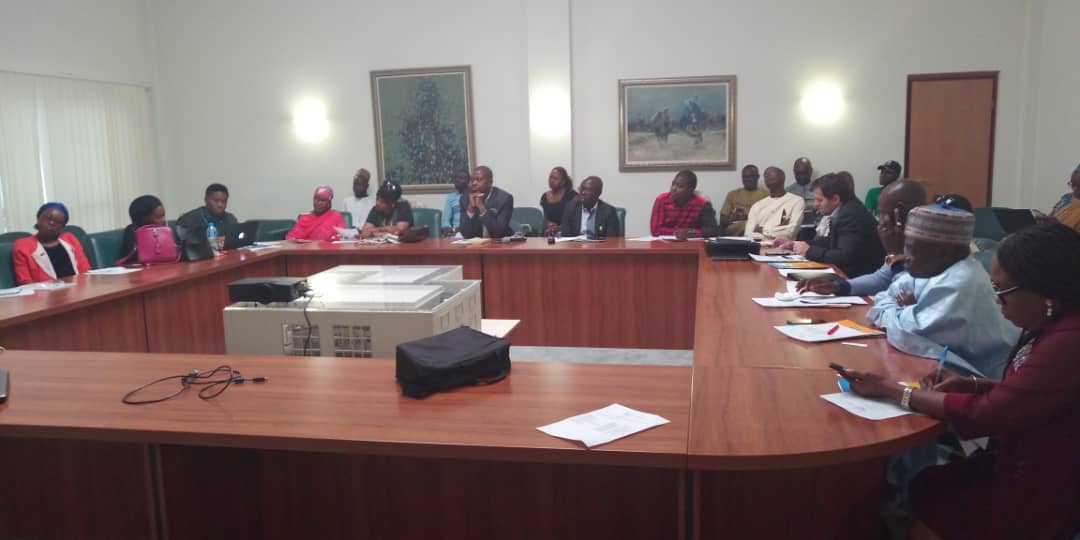
Corruption: Adopt e-Governance, CITAD, PI Tell Politicians
By Idowu Isamotu.
Ahead of 2019 general elections, two leading Digital Rights groups, Paradigm Initiative and Centre for Information Technology and Development (CITAD) have charged candidates of all political parties to adopt electronic governance (e-governance) with a view to curbing corruption in the country.
Speaking during a media parley in Abuja on Tuesday, The Program Manager, Digital Rights, Mr Adegoke Adeboye and Communication Officer of CITAD, Mrs Salma Abdulwaheed stated that the only way to curb corruption, which has eaten deep, and been a ‘cankerworm’, is to adopt e-governance.
Adeboye disclosed to newsmen that the Paradigm Initiative and CITAD, in conjunction with McArthur Foundation have been working collectively to promote institutional framework and approaches to anti-corruption and transparency efforts.
“As part of our work and advocacy for an open internet, we are supporting efforts at institutionalizing accountability, transparency and the fight against corruption through the positive adoption of technology by government institutions in service delivery.
“Riding on the momentum of upcoming elections, we are pushing for the commitment to and adoption of e-governance frameworks by politicians and public office holders on the subject of accountability and anti-corruption.
“The central theme of our advocacy is to bring attention to the subject of e-governance as an effective and veritable tool for anti-corruption and transparency efforts in Nigeria.
“We are calling on those contesting the 2019 elections and the incumbents to commit to and adopt e-governance in order to foster transparency and accountability,â€Â Adeboye said.
He also dismissed insinuations from some government officials that if President Buhari assents to Digital Rights Bill, which was passed into law by National Assembly, it will promote hate speeches and other immoral acts.
He explained that the Bill contains punishment to nail offenders of hate speeches, adding that it is pertinent for those contesting 2019 elections and the incumbents to commit to and adopt e-governance.
Corroborating PI’s Program Manager, Mrs Abdulwaheed lamented how many political parties, especially the major ones, shy away from committing or even engaging CSOs in promoting their anti-corruption efforts.
She further expressed what CITAD went through when issue relating to e-governance was mentioned for some government agencies and political parties, adding that it is worrisome they don’t like to get involved in the conversation surrounding e-governance.




